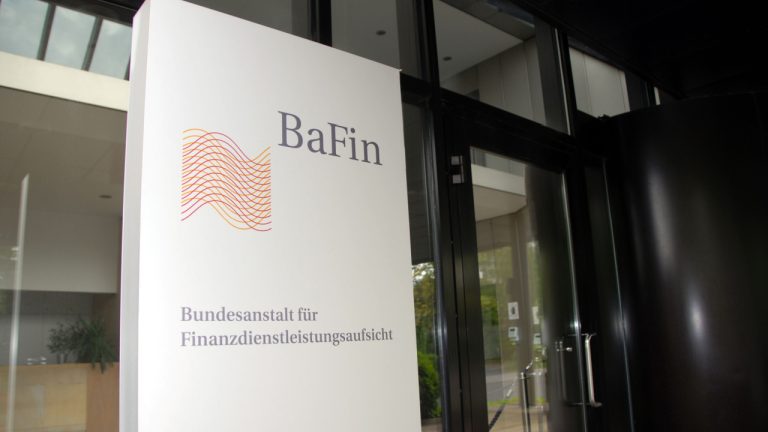
Given the difficulties with classification, BaFin highlights the freedom of nonfungible tokens from licensing demands.
Federal Financial Supervisory Authority of Germany (BaFin) is not ready to classify nonfungible tokens (NFTs) as securities yet. The Agency suggests classifying the NFTs on a case-by-case basis.
On March 8, the BaFin journal published an explanatory note considering NFTs and their legal classification. At this point, the regulators don’t see how NFTs correspond to the criteria of tradeability and standardization, which define securities. However, in the future, BaFin may consider NFTs as securities. For example, if 1,000 NFTs embody the same repayment and interest claims.
According to another reservation, if an NFT contains documentation of exploitation rights or ownership, such as a promise of distribution, it could be considered an investment.
The agency recommends a case-by-case approach to the classification of NFTs when it comes to their status as a “crypto asset.” But, according to BaFin, the chance that NFT will represent a “crypto asset” is even tinier than with the investment classification, given the lack of immediate exchangeability. And a lack of standardization also spares NFTs off the “e-money” status.
Given the difficulties with classification, BaFin doesn’t expect the NFTs to comply with the licensing requirements of the Payment Services Supervision Act. And, with the exception of non-fungibles, which would fall under the financial instrument category, NFTs by now are also free of BaFin’s Anti-Money Laundering (AML) supervision. With an exception for those NFTs, which still might be considered “crypto assets” on a separate occasion.
Related: German DZ Bank adds digital currencies to asset management services
According to the metaverse platform Metajuice, almost three out of four of the NFT collectors on its platform purchase NFTs for status, uniqueness and aesthetics. And only 13% percent of the survey participants said that they are buying NFTs to resell them in the future.








